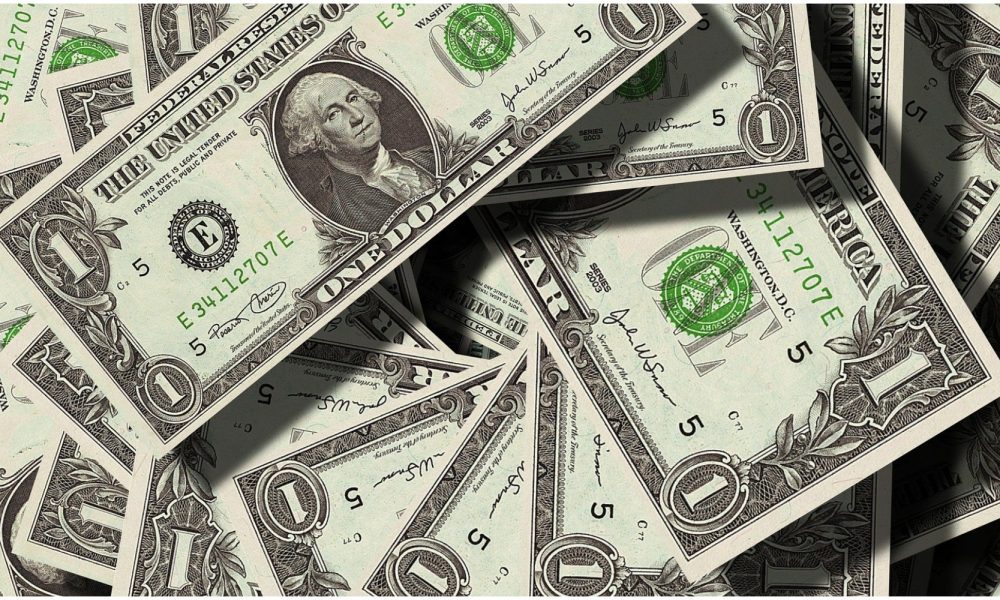
Here’s Why You Should Think Way Beyond Emergency Savings


While people in the United States lay their hands on tax refund checks and stimulus checks, they often wonder what use their money will come to. They look for ways to spend their money. However, sometimes it can be in your best interests if you save them money, rather than splurging on something.
The sum will come to your benefit in the future, especially if there is an emergency. But, is there any other way to save your funds other than storing them in an emergency fund? It’s always smart to find out the best ways to use your money when it comes to savings. Why is that so? Why should you think beyond emergency savings? Find out.
Thinking Beyond Emergency Savings
There is no iota of doubt that an emergency fund is one of the best choices you have if you are looking to save money. However, you have a lot of other options. Before you initiate a savings plan, you need to assess where you stand financially and figure out your savings goals.
Then you work on regular savings contributions into the budget that you devise every month. It might be advantageous for you if you have different savings objectives and, consequently, opt for different savings accounts for them. Aside from your emergency savings, here is a list of reasons why you should think beyond.
Getting Your Assets Diversified
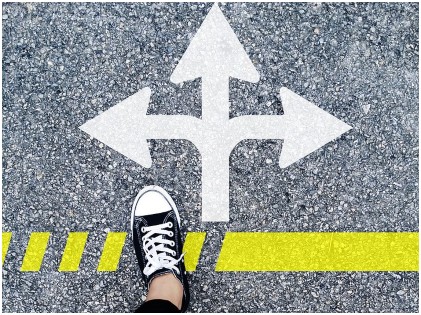 If you are talking about interest, you get little from a savings account. The APY or the annual percentage yield in the case of a savings account used to be a meager 0.04% till the mid of March 2021. This is as per the data from the FDIC or Federal Deposit Insurance Corporation. However, you can’t deny that the money you stack up in your savings account would be way safer than bonds, stocks, and various other investments.
If you are talking about interest, you get little from a savings account. The APY or the annual percentage yield in the case of a savings account used to be a meager 0.04% till the mid of March 2021. This is as per the data from the FDIC or Federal Deposit Insurance Corporation. However, you can’t deny that the money you stack up in your savings account would be way safer than bonds, stocks, and various other investments.
The fact that your money is not stuck in the market would give you financial peace. You have to stay satisfied with a much lower rate of return than bonds or stocks. There is one more hazard that you might have to face. Of late, maximum savings accounts can’t keep up with the inflation rate.
Making A Down Payment For A Home Purchase
 Making a down payment while buying a home is not easy as it involves paying thousands of dollars. The average down payment in the year 2020 was somewhat around 12% of the total price. According to the National Association of Realtors, while first-time buyers had to shell out 7% of the total value, repeat buyers had to pay 16% of the total price.
Making a down payment while buying a home is not easy as it involves paying thousands of dollars. The average down payment in the year 2020 was somewhat around 12% of the total price. According to the National Association of Realtors, while first-time buyers had to shell out 7% of the total value, repeat buyers had to pay 16% of the total price.
Therefore, if a home is worth $300,000, a down payment of 12% would come to $36,000. To shell out that money, you would either use the money you stored in your retirement account or use the money from your investments. Instead, you can utilize your savings. As per the National Association of Realtors, most home buyers did so for their down payment in 2020. Just transfer a fixed sum to your savings account every month. This will help you save for a down payment in the future.
Switching Careers
Suppose you have been working at an accounting firm for more than a decade and you are willing to change your job. You might have been nurturing a dream of opening a bakery or opening a boutique for many years. But you couldn’t do anything all this while owing to your commitments to your job.
If you store a substantial amount of money in your savings account, you can pretty well come up with a financial cushion that would take care of your life’s expenses while you happily design dresses or whip up cakes and pastries and cookies. A good way to save money is to cut down your expenses and send the money to your savings account. All you need to do is to do away with certain habits.
If you aim to make a big purchase or gear up to change your career path, financial stability is very important. For that, an emergency fund is not the only option. You have to think beyond. And when you do so, you can be sure that your future is safe financially, and bankruptcy is not something you should worry about!
More in Big Bank Accounts
-
`
Curious About Travis Kelce’s Net Worth? Here’s the Scoop!
Travis Kelce’s name echoes through NFL stadiums, synonymous with athletic prowess and electrifying plays. But beyond his touchdown celebrations and record-breaking...
June 10, 2024 -
`
Everything You Need to Know About an Assumable Mortgage
What is an Assumable Mortgage? Whether you are a buyer or a seller, understanding the concept of assumable mortgages can open...
June 6, 2024 -
`
Layoff vs. Fired – Understanding the Crucial Differences
When it comes to job loss, understanding the distinction between being layoff vs. fired is crucial. While both situations result in...
May 30, 2024 -
`
When Are Business Taxes Due 2024? Essential Dates and Deadlines
Tax deadlines can be daunting, but fear not! Let’s break down everything you need to know to stay on top of...
May 22, 2024 -
`
How Much Does Jeff Bezos Make Per Hour? It’s More Than You Think!
Jeff Bezos, a name synonymous with innovation and wealth, stands as one of the world’s richest individuals. While Bernard Arnault and...
May 16, 2024 -
`
What is Portfolio Investment Entity (PIE) and How Can it Benefit You?
In the intricate world of finance, individuals seek avenues to optimize their investments while minimizing risks. One such avenue gaining traction...
May 9, 2024 -
`
What is a Bank Statement? Understanding its Definitions, Benefits, and Prerequisites
Ever wondered where your money goes? A bank statement is like a financial report card, giving you a clear picture of...
April 30, 2024 -
`
Branded Content: A Genuine Way to Connect With Your Audience
Have you ever binge-watched a series on Netflix, only to later realize that the beverage everyone’s sipping on is that brand...
April 23, 2024 -
`
What Car Does Jeff Bezos Drive? Find Out Inside His Exclusive $20 Million Collection
Have you ever wondered what car does Jeff Bezos drive? This man’s tastes in vehicles are as expansive as his business...
April 17, 2024

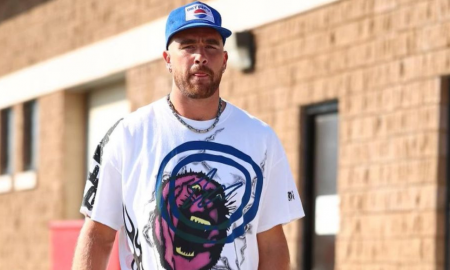


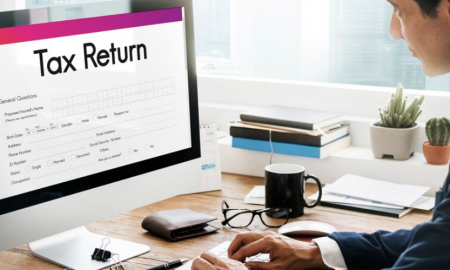

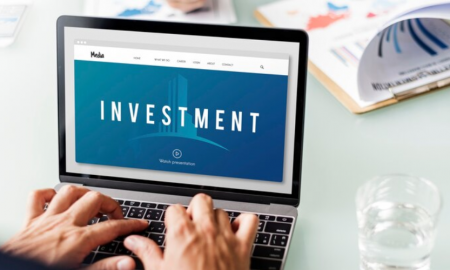
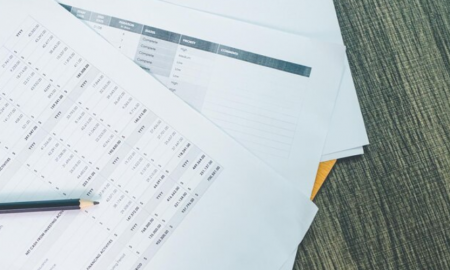


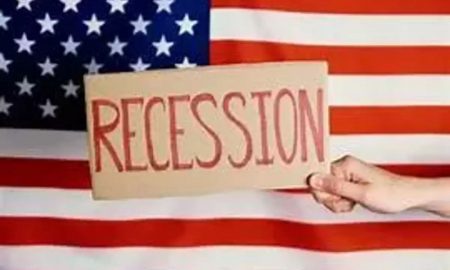




You must be logged in to post a comment Login